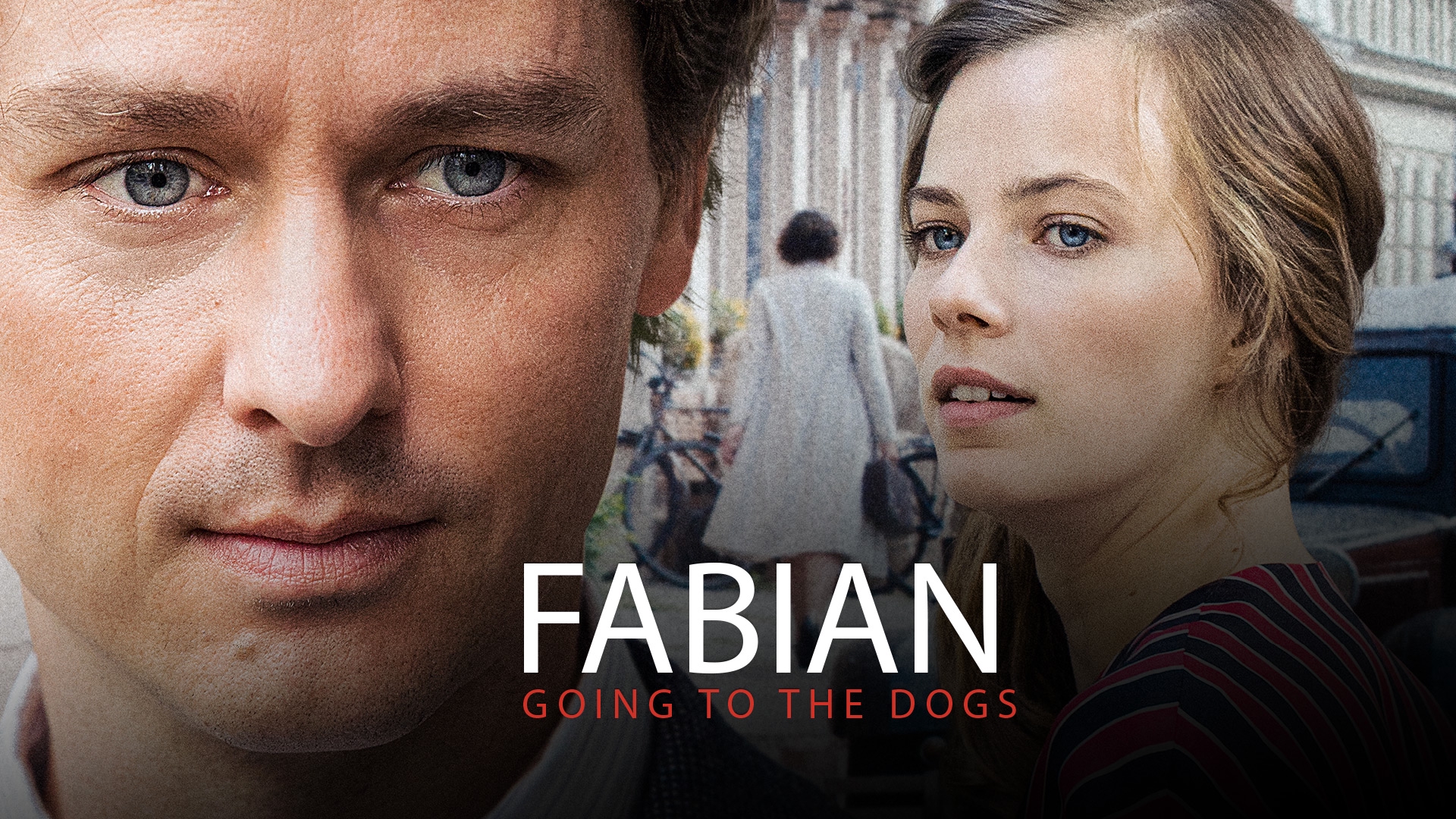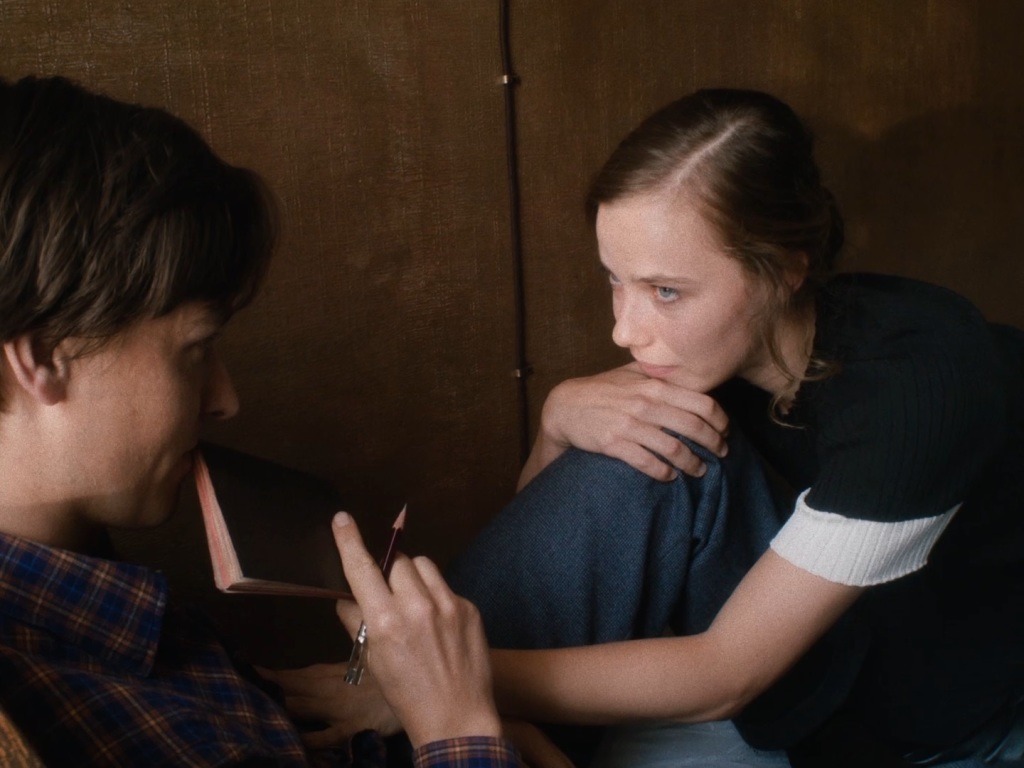Fabian: Going to the Dogs (2021)

“Fabian: Going to the Dogs” is a 2021 German drama film directed by Dominik Graf, based on the 1931 novel Fabian: The Story of a Moralist by Erich Kästner. The screenplay was co-written by Graf and Constantin Lieb, offering a modern take on Kästner’s literary masterpiece. The film takes viewers into the turbulent world of the 1930s, portraying the struggles of the protagonist, Fabian, against the backdrop of a morally corrupt society.
The film follows Fabian, a young intellectual living in Berlin during the Weimar Republic era, who is disillusioned by the growing influence of Nazism and the crumbling moral standards of his society. He attempts to navigate his life as a writer and a moralist, but soon finds himself caught in the chaotic whirlwind of his time. The story intricately blends the personal and political, exploring Fabian’s internal conflicts as he grapples with his ideals and the harsh realities around him.
Dominik Graf’s direction of the film is a masterclass in balancing historical context with personal drama. The film effectively captures the essence of the era, from the vibrant city life to the looming shadows of political unrest. Graf’s attention to detail in re-creating the 1930s Berlin adds a layer of authenticity to the narrative, making it both immersive and poignant for the audience. The black-and-white cinematography further enhances the film’s atmosphere, evoking the period’s visual aesthetic while intensifying the somber mood.

The film’s central theme revolves around the decline of morality and the impact of societal change on the individual. Fabian’s moral compass is constantly tested, and his journey is a stark reflection of the dilemmas faced by many intellectuals and artists during the rise of fascism. The struggle between personal integrity and the pressures of a corrupt society is portrayed with great depth and complexity, making Fabian’s story timeless and universally relatable.

The performances in “Fabian: Going to the Dogs” are exceptional. Tom Schilling delivers a nuanced portrayal of Fabian, capturing the character’s intellectual fervor, vulnerability, and internal conflict. The supporting cast, including Albrecht Schuch and Saskia Rosendahl, complement Schilling’s performance well, adding depth to the story’s exploration of relationships and the societal challenges of the time.

In conclusion, “Fabian: Going to the Dogs” is a profound and thought-provoking film that offers a glimpse into the moral and political struggles of the 1930s. Through its strong performances, compelling direction, and historical relevance, the film is both an exploration of personal and societal disillusionment and a timeless reminder of the fragility of moral values in a rapidly changing world.











